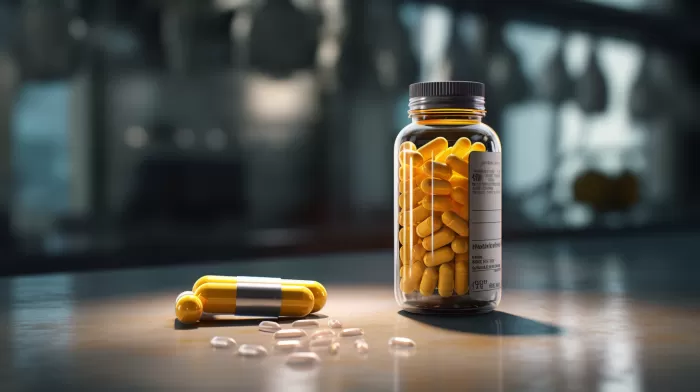Scientists have been searching for cures for serious diseases for decades, often with great success. For example, once-fatal illnesses like smallpox, polio, and tetanus are now virtually unheard of, thanks to significant scientific breakthroughs. However, when it comes to diseases brought on by poor lifestyle choices, addressing the problem with a ‘magic pill’ can make people more co-dependent on their ill health. For instance, pills to manage the symptoms of heart disease and diabetes, often brought on by consuming large amounts of sugar and living a sedentary lifestyle, might allow patients to avoid making healthier choices.
Now comes news of another scientific breakthrough: a pill in development that could mimic the biochemical effects of exercise on the body, which could prove both helpful and harmful.
The Study
Researchers from the University of Sydney and the University of Copenhagen used mass spectrometry to study the protein changes in skeletal muscle after exercise, recruiting untrained healthy males and using muscle biopsies before and after intense exercise. The study uncovered 1,004 unique exercise-regulated phosphosites on 562 proteins. This is important because most kinases and substrates, including AMPK, had not previously been implicated in exercise signaling.
The Role of Kinases and AMPK
Kinases regulate cell function and aid in the activity, localization, and overall function of proteins and orchestrate cellular process functions. In contrast, AMPK is found in every cell and serves as the body’s master regulating switch, determining body fat composition and helping control the risk of obesity, diabetes, and heart disease.
As we age, we tend to eat more and exercise less. The resulting poor dietary and exercise habits lead to a reduction in AMPK activity, which in turn cannot efficiently regulate fat. This results in weight gain, obesity, diabetes, heart disease, and premature death.
The Promise of the ‘Exercise Pill’
Armed with their new exercise blueprint, researchers hope to develop an ‘exercise pill’ within the next decade that will mimic the most crucial biochemical reactions resulting from exercise. The scientists believe that such a pill could have significant positive effects for the elderly, the obese, and those with Type II diabetes and cardiovascular disease. These individuals could then simply take the pill and experience the same benefits as regular exercise, becoming healthier and fitter as a result.
Concerns About the ‘Exercise Pill’
But can a pill really achieve the same benefits as regular exercise, and if so, is it healthy to allow people to remain sedentary and avoid improving diet and exercise habits? After all, diet pills and medications for other preventable diseases have not resulted in significant long-term improvements. Wouldn’t it be better to encourage people to eat healthier, exercise, and become more active?
On the other hand, this breakthrough could be beneficial for the truly infirm, the elderly, and those with physical handicaps. However, the researchers themselves noted that creating such a drug would be challenging, as they would need to identify the most critical biological changes before developing a drug capable of delivering the desired 1,004 effects.
Past experience with supplements suggests that obtaining the desired effects is difficult. After all, supplements have often failed to deliver the same benefits as consuming whole foods rich in vitamins and minerals. For example, taking the vitamin C or key nutrients from an apple and putting them into supplement form doesn’t do the same for your body as eating the whole apple, due to missing phytonutrients that help support vitamin and nutrient absorption.
The Verdict
When it comes to the ‘exercise pill’, the whole is likely greater than its parts. To achieve the benefits of exercise, all 1,004 components are needed, including sweating and the movement of blood. Only time will tell whether such a pill is truly effective, but for now, a healthier, more active lifestyle is still the best bet.



